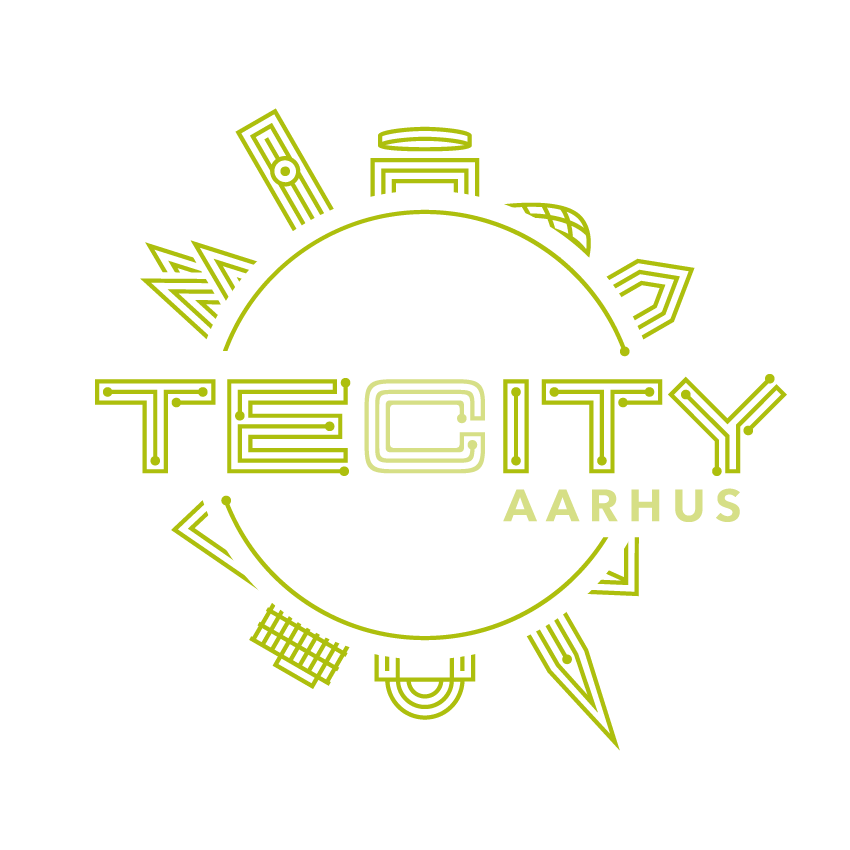Tech Talent: Mia Jacobsen

This interview is part of our Tech Talent series, where we spotlight the people shaping the Aarhus tech scene. In this edition, Anders Hald Vestergaard, Tech City Aarhus, and Lars Appel Haahr, Invest in Denmark, sat down with Mia Jacobsen to talk about her journey and experiences.
From Cognition to Code – Bridging Humanities, AI, and the Aarhus Tech Scene
We spoke with Mia about her path into tech, her work in the intersection of human cognition and AI, and how she uses her combined background in the humanities and quantitative methods. She shared how curiosity, international collaborations, and volunteer work in game development have shaped her journey - and why Aarhus remains one of Denmark’s most exciting places to work with technology.
A Human-Centered Path into Tech
Mia holds a MSc in Cognitive Science — a field that blends human cognition, linguistics, experimental methods, and data-driven computational analysis. Early on, she became fascinated by how people use language, and how digital tools can help researchers understand it at scale.
“What drew me to cognitive science was the combination of hands-on experiments, an understanding of human behavior, and the opportunity to apply IT tools to study something as fundamental as language,” she explains.
Her academic work led her into the fast-growing field of computational humanities. She has collaborated with researchers from Aarhus University in fields such as theology and political science. Their joint work includes for example studies on intertextuality in ancient Greek biblical texts and the classification of political tweets. Moreover the research centre where she works has contributed to projects in collaboration with institutions like UC Berkeley and Cornell, working on language technology.
Her bachelor’s thesis — inspired by a guest lecture on media behavior during the pandemic, including how people expressed more positivity when discussing music on Twitter — opened the door to further research experiences.
Later, she worked on Fabula-net, a project exploring whether literary quality can be quantified through NLP and machine learning. That project eventually led to a student position and a close affiliation with the Center for Humanities Computing (CHC) where she now works full-time, a rapidly expanding unit of researchers within a department of nearly 50 people.
Bringing Technology Closer to People
Beyond her academic work, Mia plays an active role in Aarhus’ tech ecosystem through volunteer game development activities at Coding Pirates. There, she works with young people, offering them a digital playground where creativity and curiosity come first.
“It’s not about turning them into programmers,” she says. “It’s about helping them get technology into their lives in a natural and playful way. If they’re curious, they’ll learn to approach problems, ask the right questions, and figure out how to solve things — whether that involves Google, Stack Overflow, or AI tools”
Many former participants have since gone on to study computer science or work in IT, but that’s not the primary goal. For Mia, the value lies in showing young people that tech is something they can shape and experiment with — not something distant or inaccessible. She also brings insights back from this practical work into her research life, seeing it as a two-way learning experience.
Aarhus’ Strengths: A Tight, Ambitious Tech Community
Mia speaks with pride about her background in cognitive science. Aarhus is the only place in Denmark offering a full MSc in the field, and the academic environment is thriving. Many PhD students come from cognitive science or linguistics, forming a uniquely interdisciplinary talent pool.
With new initiatives — including a major research center focused on how AI is changing textual culture — the city continues to attract international researchers and funding. Moving from Copenhagen to Aarhus, Mia underlines:
“Aarhus is just a very comfortable place to build a life,” she says. “Once people put down roots here, they like to stay. Danish companies should recognize how much tech talent is actually concentrated in this city.”
Why Aarhus Makes Sense for Tech Companies
Mia believes the city offers a compelling balance: a strong university with world-class research groups, a growing international community, and a tech sector that spans everything from startups to global brands.
She also sees room for improvement. “We need more satellite offices from companies based in Copenhagen,” she says. "And more collaboration between small and medium-sized companies and the university. When students can meet companies early — through internships, career days, or mentorship — everyone benefits.”
Building the Future of Tech Talent in Aarhus
With the cognitive science MSc still relatively new, the field is expanding rapidly. Mia sees great potential in strengthening the bridges between research, education, and industry.
“Aarhus has a strong community of people who want to build things — both academically and technologically,” she says. “If companies see that and invest in it, Aarhus can develop into an even stronger tech hub”
This interview is part of our Tech Talent series, where we highlight what it’s like to be part of the tech scene in Aarhus through real stories and experiences.
